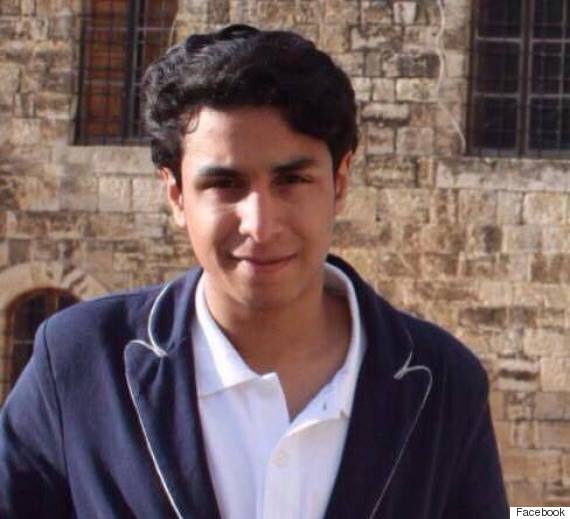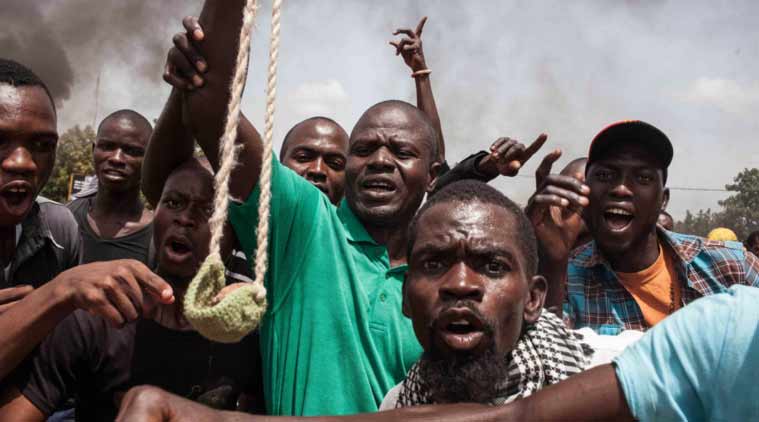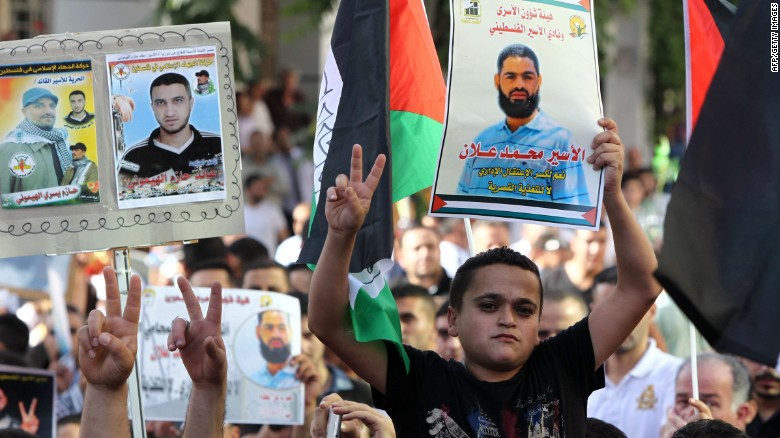By Brittani Howell
Impunity Watch Reporter, The Middle East
RIYADH, Saudi Arabia – France and experts from the United Nations, join rights groups in urging that Saudi Arabia cancel the execution of a young man because he was a minor when he was arrested. Ali Mohammed Baqir al-Nimr was sentenced to death in May for taking part in a protest three years ago.

Al-Nimr could be executed, by beheading, and then crucified at any time. Crucifixion is a public display of the body after the execution to warn others not to commit the same crime. The execution is likely to happen at any times, as al-Nimr’s final appeal was rejected last week. His family does not even know when the execution is to occur because Saudi Arabia does not give the families notice.
When he was only 17 years old, al-Nimr was arrested for protesting in the Arab Spring protests in 2012. The protestors demanded equal rights and democracy for the province of Qatif. Al-Nimr was convicted for various charges including, attacking police with Molotov cocktails, being a member of a terrorist cell, incitement, encouraging sectarianism, breaking allegiance with the king, robbing a pharmacy, and rioting.
A source who is close to the al-Nimr family, spoke to CNN and stated that Ali was innocent of the charges. The source told CNN, “Ali’s young. He just went (to the demonstrations) with people from his school and chanted with the guys and took pictures.” The source claimed that al-Nimr’s sentence was only used as a means to seek “revenge against his uncle.” Ali al-Nimr’s uncle, a Shi’a cleric, is also condemned to death for charges including, sedition, breaking allegiance with the ruler, and encouraging sectarianism.
The final appeal was heard in court without al-Nimr or his lawyer being present. Sadeeq al-Jabran, al-Nimr’s lawyer, tweeted on Tuesday, “We as a defense team have not been able to visit Ali al-Nimr at the detention center to prepare his defense.” Many rights groups allege that al-Nimr had not received a fair trial and may have been forced to sign a confession to the charges. It is also alleged that al-Nimr may have been tortured.
France, who rarely comments on Saudi Arabia’s death penalties because of the shear frequency, is “opposed to the death penalty in all cases and circumstances, we call for the execution to be called off,” stated the Foreign ministry spokesman, Romain Nadal.
Saudi Arabia is a signatory on the UN Convention on the Rights of the Child, which prohibits capital punishments for individuals who commit crimes under the age of 18. Donald Campbell, spokesperson for the international human rights charity Reprieve, stated, “The international community – particularly Saudi Arabia’s closest allies, the UK and the U.S. – must stand with the French government and U.N. experts against this outrage, and call on Saudi authorities to halt this unjustified killing.”
A Saudi Ambassador, Faisal Trad, has recently been appointed to a consultative group for the U.N.’s Human Rights Council. A spokesperson for the Human Rights Council, told CNN, “Members of the Consultative Group are appointed by their regional groups” not the U.N. body and “these members serve in their personal capacity, not their national capacity.”
In August, a report published by Amnesty International alleged that 102 people had been executed in Saudi Arabia in the first half of 2015.
For more information, please see:
BBC – The young Saudi who Could be Executed at any Time – 23 September 2015
CNN – U.N., Rights Groups Call on Saudi Arabia to Spare Man From Beheading, Crucifixion – 23 September 2015
Reuters – France Urges Saudi Arabia to Cancel Death Penalty for Young Shi’ite – 23 September 2015
The New York Times – France Urges Saudi Arabia to Cancel Death Penalty for Young Shi’ite – 23 September 2015
The Huffington Post UK – Ali Mohammed al-Nimr Sentenced to Crucifixion in Saudi Arabia for Attending Pro-Democracy Protest– 22 September 2015



